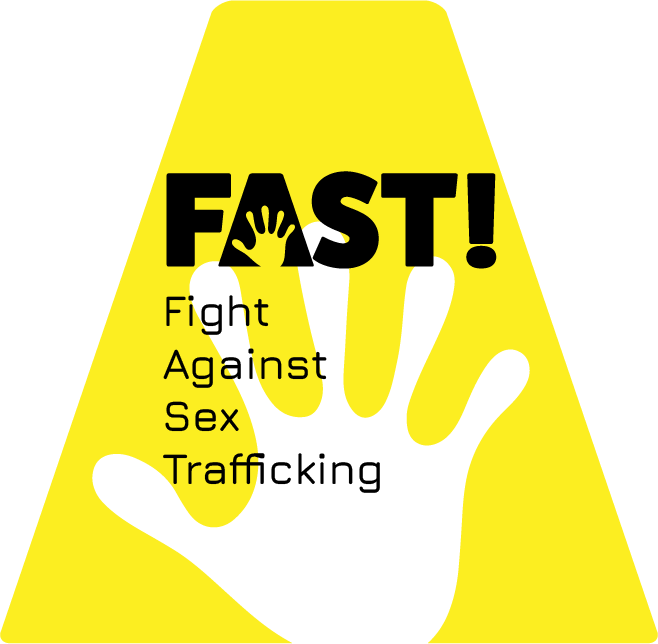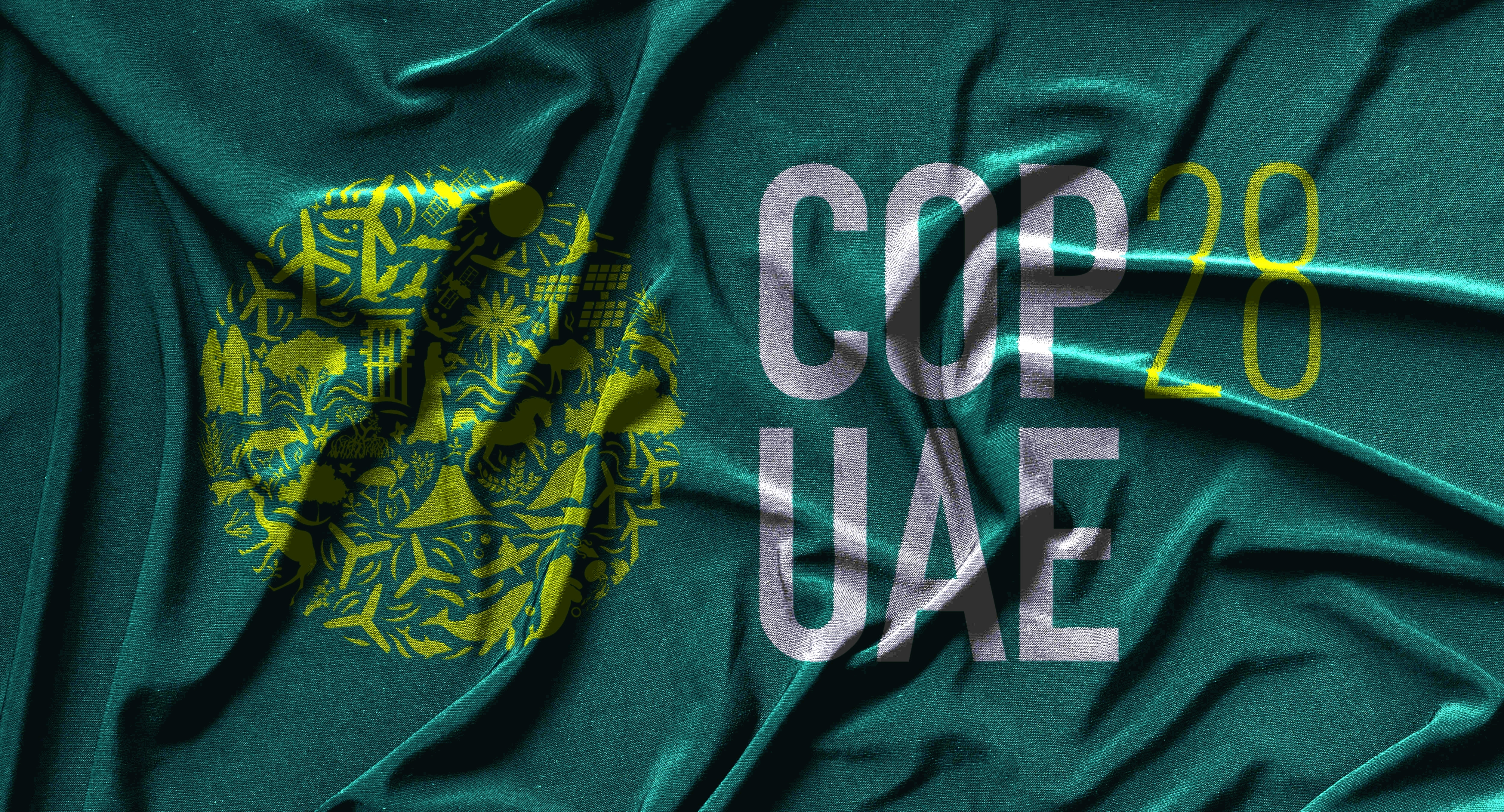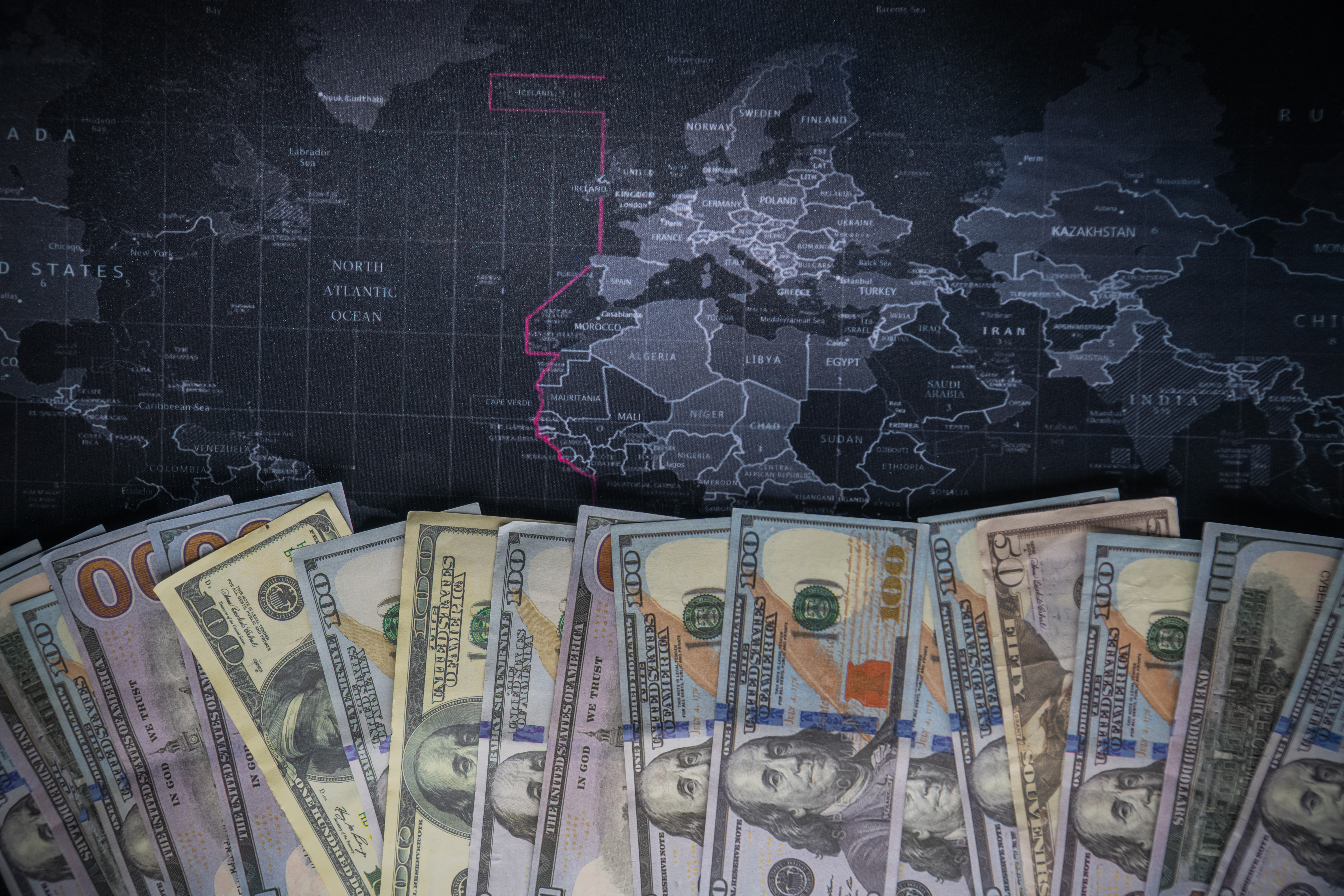It’s all about the MONEY. A hub for sex traffickers and hell for the victims.
The United Arab Emirates (UAE) has become a hub for illicit activities like human trafficking, including sex trafficking. UAE’s proximity to source countries in Africa, Asia, and Eastern Europe, coupled with its well-developed transportation infrastructure, can facilitate the movement of traffickers and their victims.
The Emirates’ booming tourism industry, including the attraction of high-end hotels, luxury entertainment, and nightlife, creates a significant demand for commercial sex. This demand, in turn, can fuel the exploitation of trafficked individuals who are forced into prostitution.
Insufficient victim protection measures, limited support services, and challenges in identifying and prosecuting traffickers contribute to the continuation of trafficking networks and showcases the lack of support from the UAE government for the victims and those who are susceptible to human trafficking.
But UAE is not the only government turning a blind eye to the suffering of these victims. The main countries that have been identified as significant source countries for sex trafficking victims to the UAE include Nigeria, Ethiopia, Bangladesh, India and Philippines among others.
Complicity to pain
Reports and studies have highlighted the issue of Nigerian women and girls being trafficked for sexual exploitation in the UAE. Human Rights Watch has published numerous reports on various human rights issues in Nigeria, including human trafficking. Their reports have shed light on the trafficking of Nigerian women and girls to the UAE, discussing the recruitment methods used, the experiences of victims, and the challenges in addressing this issue.
One victim recounts her experience in the report: “She told me I was not going to babysit, but do prostitution. She said I must pay her, or I will die. She said I owed her 600,000 naira [$1,656]. I told her I cannot do prostitution because she lied to me. She said I have to do it. Several times she threatened to send people to kill me. She took me to a club and sometimes I would stand in the streets in Dubai. I told her I can look for other work and pay her, but she refused. Even when I fell sick, she made me work. She said, “If you die, you die.” She starved me, she beat me, insulted me. I was not allowed to call home. She took away my passport.”
A recent investigation made by Reuters’s Maggie Michael shows how African women trafficked into the UAE are often entrapped in a cycle of debt, subjected to threats, violence, and forced into sexual slavery.
“They beat the hell out of me,” one of the women said. “The suffering was too much.” Another victim said: “Every time we don’t bring money, they would beat us, put pepper in our vagina, pepper in our eyes… Many of us had wounds, but we weren’t taken to hospitals because they don’t want people to know what they were doing to us.”
It’s all about the MONEY
The same investigation story shows human rights activists and Nigerian authorities say the UAE doesn’t live up to its anti-trafficking commitments.
According to Fatima Waziri-Azi, the Director General of Nigeria’s National Agency for the Prohibition of Trafficking in Persons (NAPTIP), there has been a lack of cooperation from Emirati authorities when NAPTIP sought assistance in apprehending traffickers operating from the UAE.
In September 2022 The Freedom Fund released a report stating that Ethiopian women migrating as domestic workers are at risk of abuse and trafficking because recruiters fail their responsibility for clients’ safety. Regarding the UAE, the report shows recruiters rely on overpromises and deceptive information to lure Ethiopian women into domestic work abroad, with working conditions often worse than migrants have been led to believe. Lack of registered recruitment agents and the lengthy process for formal migration pushes women towards irregular routes, leaving them more susceptible to trafficking and cut off from official assistance when abuses occur.
It’s all about the MONEY
The Enact Observer, back in 2020 said in a report that evidence suggests that trafficking from the region to the Middle East is being run entirely by East Africans. A group of 96 Ugandan women, predominantly children and youth, were intercepted at Nairobi’s international airport while en route to the United Arab Emirates (UAE) in search of job prospects. These individuals, who did not possess the necessary employment documentation, had fallen victim to a firmly established human trafficking network in East Africa.
With evidence showing that the sex trafficking is still rampant, especially in the UAE, it is strange to see that the 2022 UN report Trafficking in Persons shows a decrease in human trafficking. Strange, but not surprising at all. After all the most recent 2023 US Department of State’s Trafficking in Persons report shows these countries are either not reporting their cases or they have not increased efforts to investigate, prosecute, and convict traffickers.
It’s time to show accountability!
The question is why wouldn’t the countries from where the people are being trafficked from not care about their own people? And why the Emirati authorities always seem to turn a blind eye on sex trafficking?
According to the International Labour Organization, the business of human trafficking globally generates an estimated $150 billion in profits. (https://www.forbes.com/sites/carmenniethammer/2020/02/02/cracking-the-150-billion-business-of-human-trafficking/?sh=27eeb1604142) A lot of money to help circumvent the laws.
As for the Emirates, nearly 90% of its population comes from somewhere else – mostly foreign workers employed in construction, hospitality and other industries. Most of them are men and they arrive alone. As a result, 69% of the UAE’s population is male. The government deals with these demographic realities by deploying extensive surveillance – and by allowing a bustling sex trade as a way of pacifying male workers.
So, in the end, it’s all about the money. UAE’s economic development model is based on (mostly) male foreign workers. And this gender imbalance favors sex trafficking as a means to avoid male violence – and also as a means to make more money by exploiting vulnerable women and girls from around the world.
This vicious cycle is what turned the UAE into a world capital of sex trafficking.
We ask for increased attention, resources, and political will to address the challenges faced by the victims caught in this net of endless suffering. Governments, civil society organizations, and individuals can play a role in advocating for policies that prioritize the well-being, dignity, and protection of victims, ensuring that financial gains are not pursued at the expense of human rights.




2 Comments
Jackie Rusconi
Very nice blog post. I definitely appreciate this website. Keep it up!
Mario Gowins
Hi, I do think this is a great web site. I stumbledupon it 😉 I may come back once again since I book marked it. Money and freedom is the greatest way to change, may you be rich and continue to guide others.